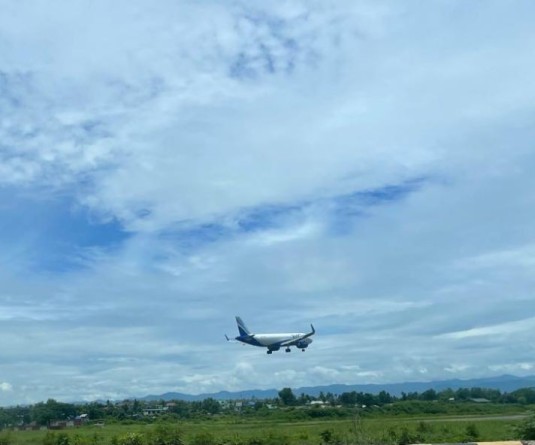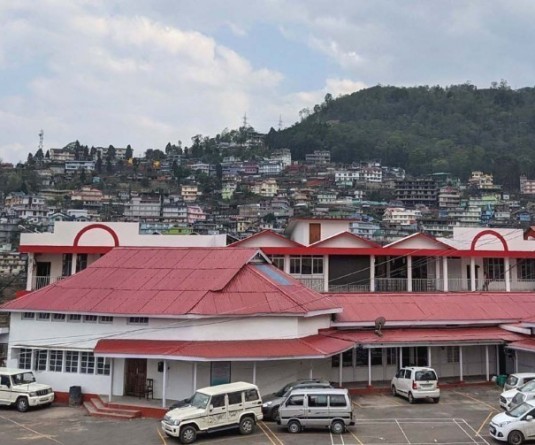Partition Horrors Remembrance Day was observed at Nagaland University on August 14 with a symposium on “Remembering the Tragedy of Partition, Honouring the Victims, and Preserving History.”
KOHIMA, AUGUST 14 (MExN): Partition Horrors Remembrance Day was observed at Nagaland University on Thursday with a symposium on “Remembering the Tragedy of Partition, Honouring the Victims, and Preserving History.”
In the inaugural programme, chairperson Dr Suraj Beri, Assistant Professor, Department of Sociology, spoke on the horrors of Partition as a consequence of the Westphalian idea of the nation-state being imposed on the subcontinent. “Nations that existed were transformed into states, leading to amplified suffering. As Ashis Nandy put it, the closer people were, the more painful it got,” he said.
Welcoming the gathering, Dr Shasanka Sekhar Pati, Associate Professor, Department of Political Science, traced the destruction caused by the British Empire across history—from Gaza to India—and stressed the importance of observing the day to promote unity in diversity and shape the future through cooperation and understanding.
A documentary, “1947: Children of Partition,” was screened during the programme.
In his address, Vice-Chancellor Prof JK Patnaik spoke on the idea of Bharatiyata, stating that Partition was a deliberate British project to diminish the historical greatness of the subcontinent. He said the “Hindu versus Muslim” narrative had never been part of Bharatiyata but was promoted through the “Two-State Solution” to erase the idea from the minds and souls of the people. The knowledge and power lost, he added, could have opposed modern-day global power imbalances.
Dr Sandeep Gupta, Associate Professor, Department of Sociology, in his introductory remarks, reiterated the horrors of Partition.
Panelist Prof MK Sinha, Department of Economics, highlighted the macroeconomic impact, noting that fertile lands went to Pakistan, productivity declined, and labour shortages led to industrial stagnation. India’s GDP per capita, he said, fell from USD 1,058 in 1945 to USD 619 in 1949, while loans given to Pakistan were never returned. The burden of rehabilitation further strained the economy.
Dr E Benrithung Patton, Associate Professor, Department of Political Science, Fazl Ali College, focused on the social consequences of the Radcliffe Line, calling for “an amalgamation of hearts” despite geographical divisions. “The language of humanity speaks louder than the language of borders… the horrors of Partition belong to yesterday, but the responsibility for the future belongs to us today,” he said.
Dr Likhase Sangtam, Associate Professor, Department of Political Science, shared a Naga perspective, stating that the trauma for the Nagas lay in the unresolved political question of self-determination rather than the events of Partition itself. He said remembrance must address all wounds, including those of Nagaland, and that unity must not come at the cost of diversity.
Dr Sentikumla, Assistant Professor, Department of Law, spoke on the gendered impact of Partition, noting that many women were killed by their own communities out of fear of dishonour, and those rescued were often rejected by their families.
Concluding the discussions, Dr Deepak Bhaskar, Assistant Professor, Department of Political Science, said that the essence of human civilisation lies in unity, not division. The rapporteur was Rizwan Baig, research scholar, Department of Political Science.





